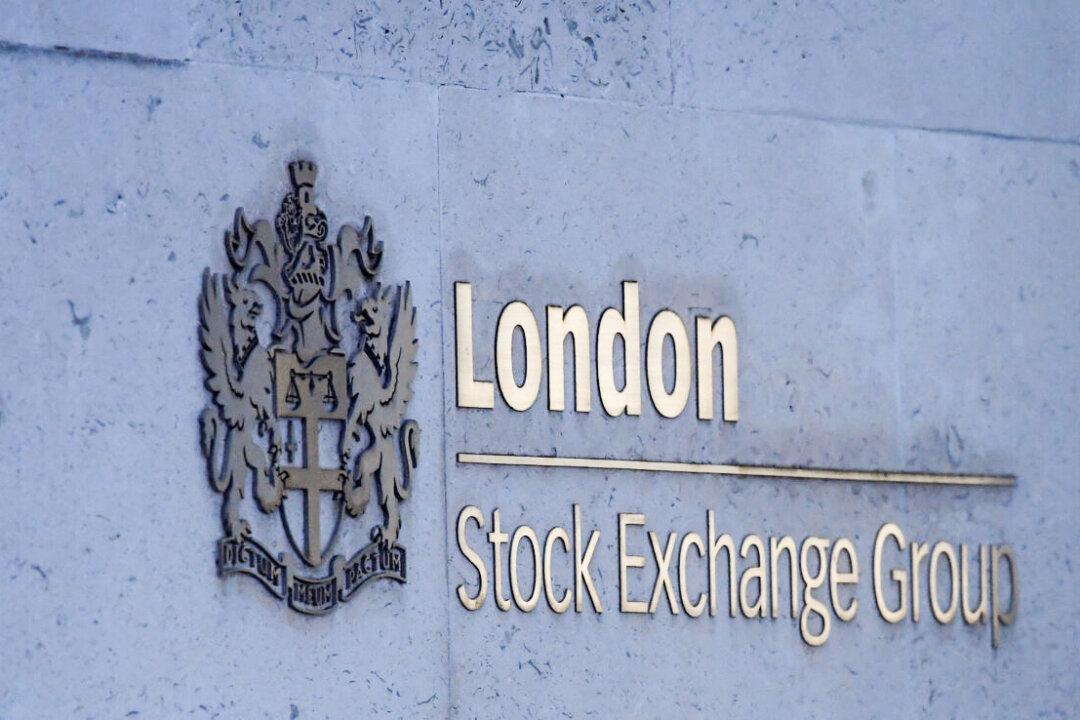The London Stock Exchange (LSE) on Mar. 4, suspended trading on a second round of Russian stocks, because of continuing market deterioration and as some insurers withdrew coverage from exporters due to increasing sanctions over the Russian invasion of Ukraine.
The LSE had earlier suspended trading on Mar. 3 for 27 Russian companies, to prevent investors both buying and selling Russian securities in and out of the country.





